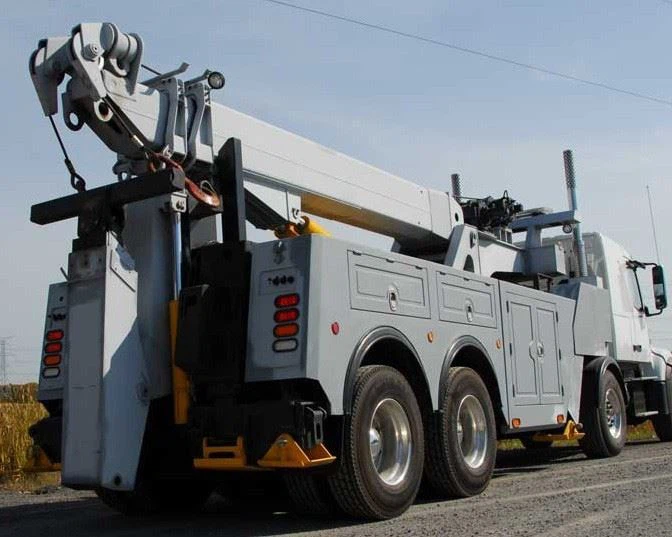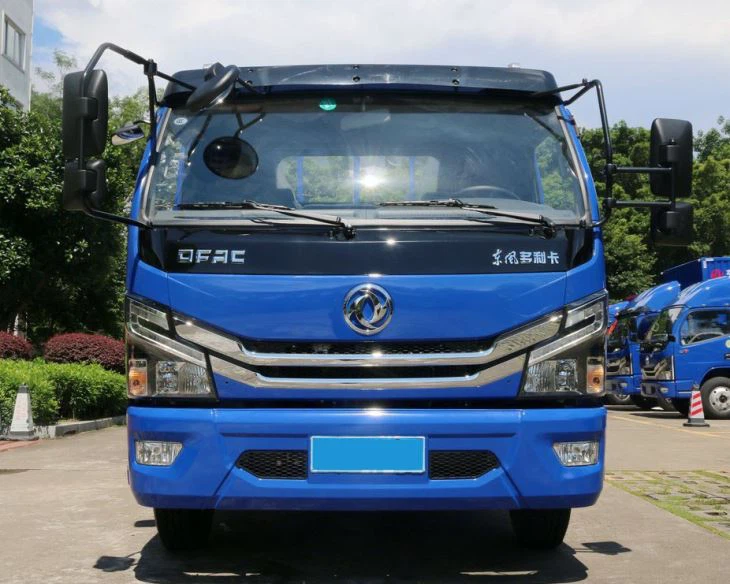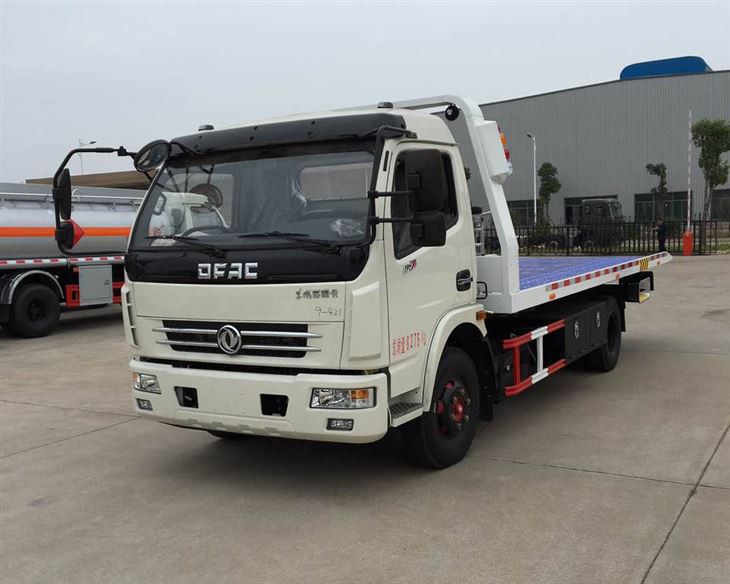Introduction
The Vacall truck, also known as a vacuum excavator or a vacuum truck, has become an essential tool across numerous industries, particularly in construction, utilities, and municipal services. This powerful machine combines suction and high-pressure water systems to safely excavate soil, clear debris, and manage waste without damaging underground utilities. This comprehensive article will delve into what a Vacall truck is, its uses, benefits, and key features while exploring practical considerations for potential buyers and users.
What is a Vacall Truck?
A Vacall truck is a type of heavy equipment that uses a vacuum system to remove materials from the ground. These trucks are designed to perform various tasks, including soil excavation, debris removal, and cleaning underground utilities. Unlike traditional excavation methods that can cause damage or disruption, Vacall trucks utilize suction technology, making them an ideal choice for sensitive areas.
How Does a Vacall Truck Work?
The operation of a Vacall truck can be simplified into a few key steps:
- High-Pressure Water Jetting: The truck uses high-pressure water jets to break up compacted soil or debris.
- Suction System: Once the material is loosened, the vacuum system sucks the debris into a holding tank.
- Discharge System: The collected material can then be discharged at a designated location.
Key Features of Vacall Trucks
| Feature | Description |
|---|---|
| Powerful Suction System | Designed to handle various materials, including dirt, gravel, and debris. |
| High-Pressure Water System | Allows for efficient excavation and cleaning of surfaces. |
| Diverse Tank Sizes | The trucks come in various sizes to fit different job requirements. |
| Filter System | Reduces environmental impact by filtering out contaminants. |
| Remote Operation | Some models offer controls for remote operation, increasing safety and efficiency. |
Applications of Vacall Trucks
1. Utility Location
Vacall trucks are commonly used for utility location. The suction feature allows for pinpoint accuracy when excavating around underground utilities, reducing the risk of damage.
2. Hydro Excavation
This method combines water and suction for a non-destructive excavation technique, making it ideal for digging in sensitive areas or near existing utilities.
3. Cleanouts and Maintenance
Municipal services often deploy Vacall trucks for cleanout services, ensuring that sewers and storm drains remain clear of debris.
4. Environmental Remediation
Vacall trucks can assist in carefully removing contaminated soil and waste, providing a safer method of cleanup during environmental restoration projects.
5. Construction Site Preparation
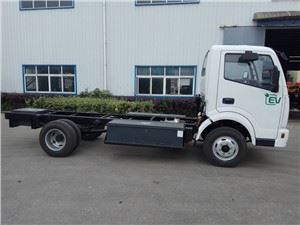
Before construction begins, Vacall trucks can be used to clear the area of existing materials, making site preparation more efficient.
Benefits of Using a Vacall Truck
1. Minimizes Soil Disturbance
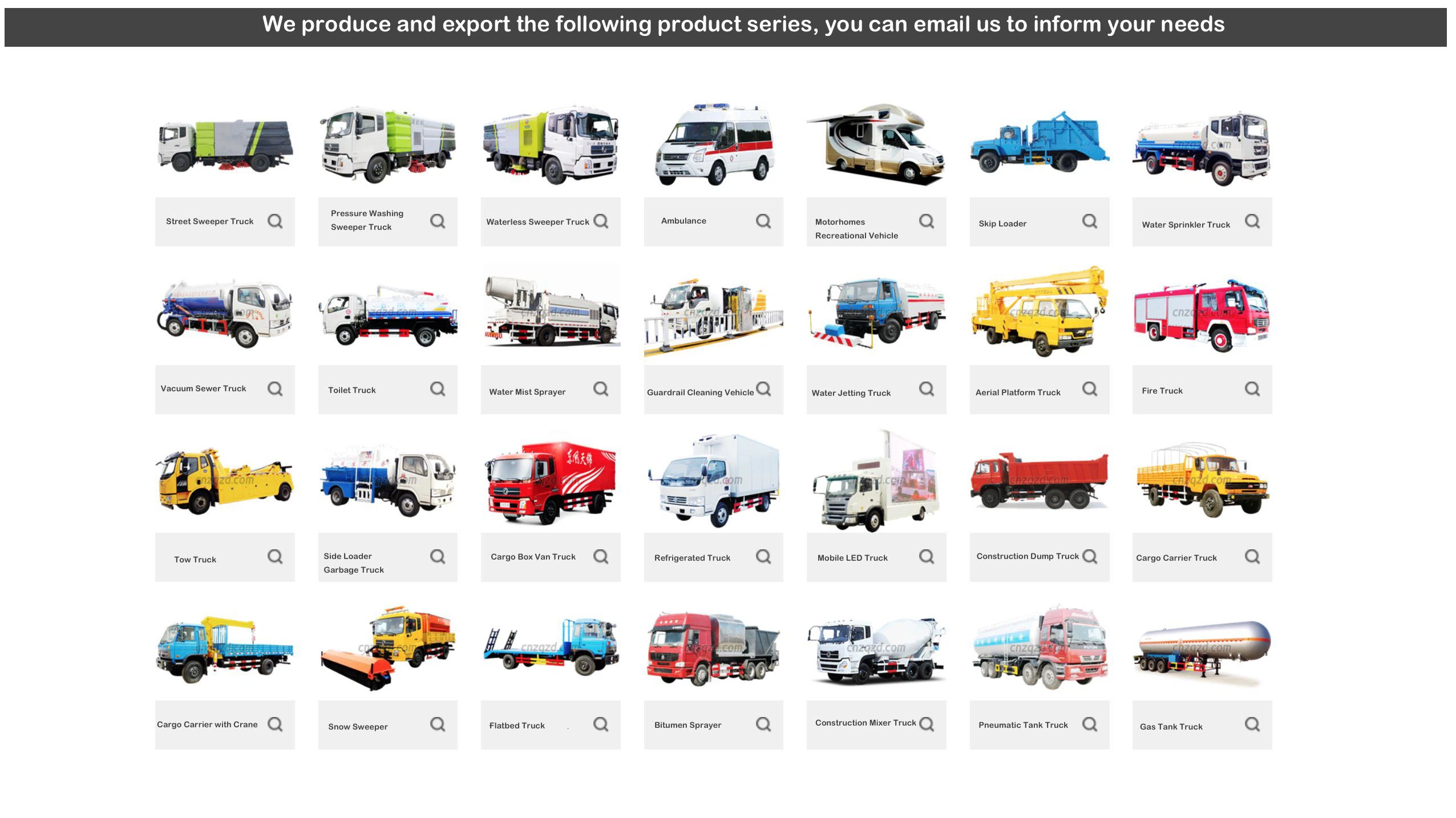
One of the primary benefits of using a Vacall truck is the minimal soil disturbance it causes. This is crucial in urban areas where infrastructure is tightly packed.
2. Increased Safety
The design of Vacall trucks significantly reduces the risk of injury during excavation work. The remote operation feature allows for safe distance handling of dangerous materials.

3. Cost-Effective
By speeding up the excavation process and reducing damage to existing utilities, Vacall trucks can save companies money in the long run.
4. Versatile Usage
Vacall trucks can be adapted for various functions, making them a valuable asset for diverse tasks across different industries.
Considerations When Choosing a Vacall Truck
1. Size and Capacity
Selecting the right size of a Vacall truck is crucial. Consider the volume of material you typically handle and the types of projects you will undertake.
2. Features and Customization
Look for features that suit your specific needs, such as tank size, suction capability, and additional attachments for particular tasks.
3. Maintenance Requirements
Understanding the maintenance needs and costs involved can help ensure your Vacall truck remains in operational condition and extends its lifespan.
4. Provider Reputation
Researching different manufacturers or vendors can help you choose a reliable Vacall truck that meets industry standards.
Practical Tips for Operating a Vacall Truck
1. Regular Maintenance Checks
Perform routine inspections and maintenance on your Vacall truck to ensure that all systems are functioning optimally.
2. Training for Operators
Ensure that all operators are adequately trained not only in the operation of the truck but also in safety procedures.
3. Know Your Environment
Familiarize yourself with the area where you will be working, including identifying any potential underground hazards before starting projects.
4. Use Protective Gear
Operators should always wear appropriate personal protective equipment (PPE) for safety, particularly in sites that could pose risks.
Frequently Asked Questions (FAQ)
1. What is the typical cost of a Vacall truck?
The cost of a Vacall truck can vary significantly based on size, features, and manufacturer but generally ranges from $100,000 to $500,000.
2. How much material can a Vacall truck hold?
Depending on its size, a Vacall truck can typically hold between 1,000 to 15,000 gallons of material.
3. Can Vacall trucks operate in wet conditions?
Yes, Vacall trucks are designed to handle a variety of conditions, but operators should always assess safety and efficiency based on specific weather factors.
4. Do I need any special licensing to operate a Vacall truck?
Yes, operators typically need a commercial driver’s license (CDL) to drive Vacall trucks, along with special training for their specific functions.
5. How do I maintain a Vacall truck?
Regular maintenance involves checking the vacuum system, water jets, and filtration systems, alongside routine inspections for any signs of wear or damage.
6. Are Vacall trucks environmentally friendly?
Vacall trucks can be considered environmentally friendly due to their ability to minimize soil disruption and their filtration systems that help reduce contaminants.
